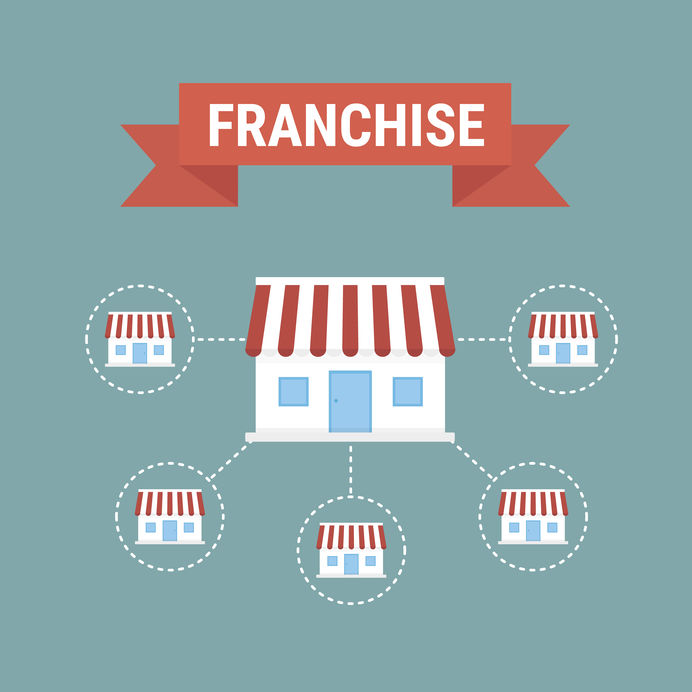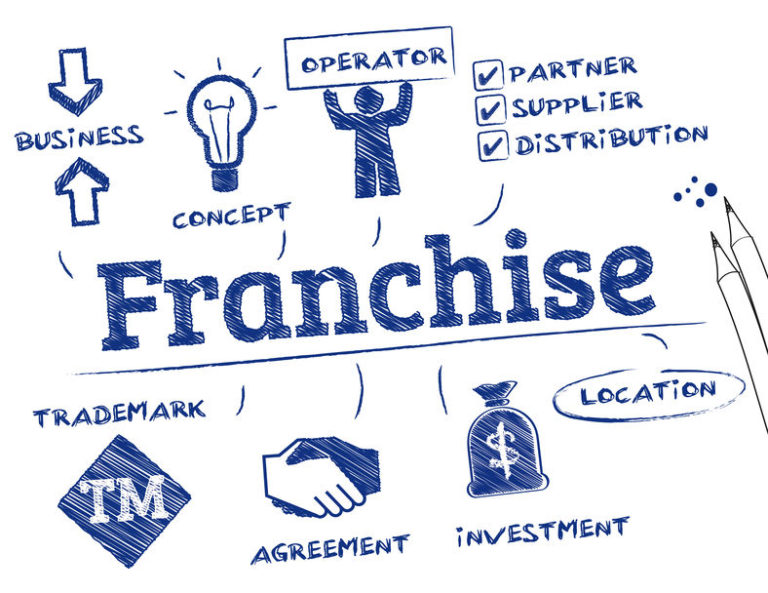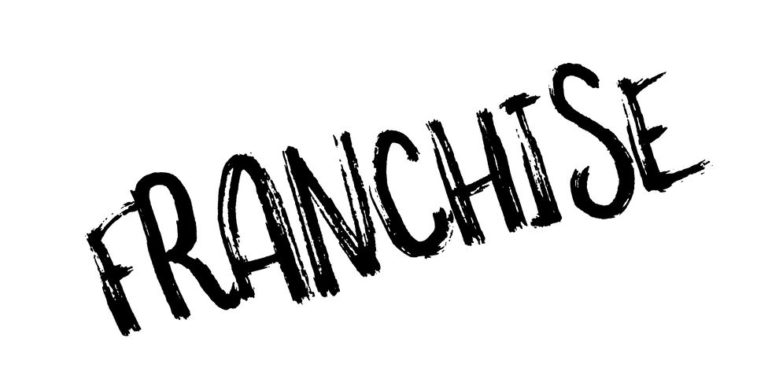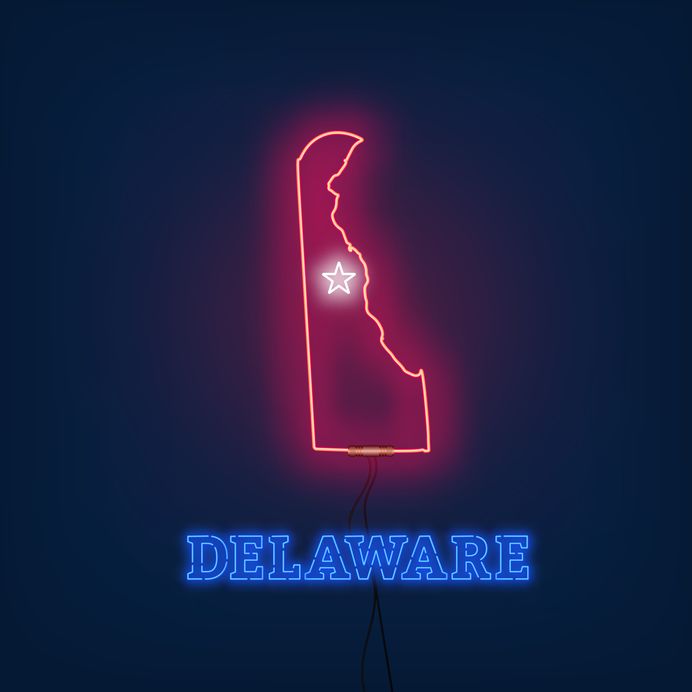
What Is the Difference Between a Franchise and An Authorized Dealer?
Oftentimes people use the words dealer and franchise interchangeably, however, there are notable differences between the two. Franchises are agreements

Oftentimes people use the words dealer and franchise interchangeably, however, there are notable differences between the two. Franchises are agreements

The Franchise Disclosure Document (FDD) is a legal disclosure document which is provided to franchisee applicants interested in purchasing a franchise. The document is required by the Federal Trade Commission (FTC) and contains important information about the franchisor and the franchise system of which potential buyers should be aware prior to making the financial investment. It is intended to help prospective franchisees assess the potential risks and benefits involved in the relevant franchise.

Arbitration is a proceeding that takes place outside of the court room. It essentially allows both the franchisor and franchisee the ability to take their legal disputes to an arbitrator who will, after hearing all the facts and evidence presented by both sides, come to a decision that is binding and enforceable by the courts.

It is important to understand that a franchise agreement is typically drafted in favor of the franchisor. That is because the franchisee will be granted the rights to use the franchisor’s name, brand, intellectual property, confidential information, services and products, such as, for example, custom recipes, manuals, services and products, system information, production knowhow, and/or other trade secrets of the franchisor.

A minimum performance requirement is typically a provision in a franchise agreement that creates a certain minimum standard of performance that is necessary for a Franchisee to maintain in order not to be in default on the franchise agreement. Every franchise agreement will impose different standards on their franchise locations – some covering more areas of the franchise’s operations and some covering less.

When most people think of foreclosures, the two parties instantly discussed are the owner that is being foreclosed upon and the bank that is doing the foreclosing. However, when the property is headed to the auction block there is another party that comes into the picture: third party purchasers. When the bank lists the property at the foreclosure auction, a third-party purchaser often decides to buy the property if he or she believes it is a good deal. Third-party purchaser can take strategic risks and make money through legal loopholes.

The FDD must be given to the potential Franchisee 14 days before the Franchisee is able to sign the Franchise Agreement. The purpose of such disclosure to a potential Franchisee has historically been to allow the Franchisee to make an informed decision. An FDD typically includes a fees chart, the franchise’s legal and financial history, along with other terms and conditions of the operation of the franchise.

Item 19 disclosures are the disclosures that potential franchisees rely on the most when deciding whether to open a franchise. Thus, a franchisor needs to be careful to not make any overly robust financial presentations or promises. To begin with, a franchisor is not required to provide an answer to the most important question, “how much money can I make?”.

Item 19 is an item on a Franchise Disclosure Document known as a “Financial Performance Representation.”

Corporations lean on Delaware’s favorable business laws when it is time to incorporate their business. However, what happens when you want to dissolve your Delaware corporation?
Con estos libros guía, aprenderás cómo iniciar tu negocio de la manera correcta y proteger tu marca. Descarga las guías gratuitas ahora y da el primer paso hacia el logro de tus metas.